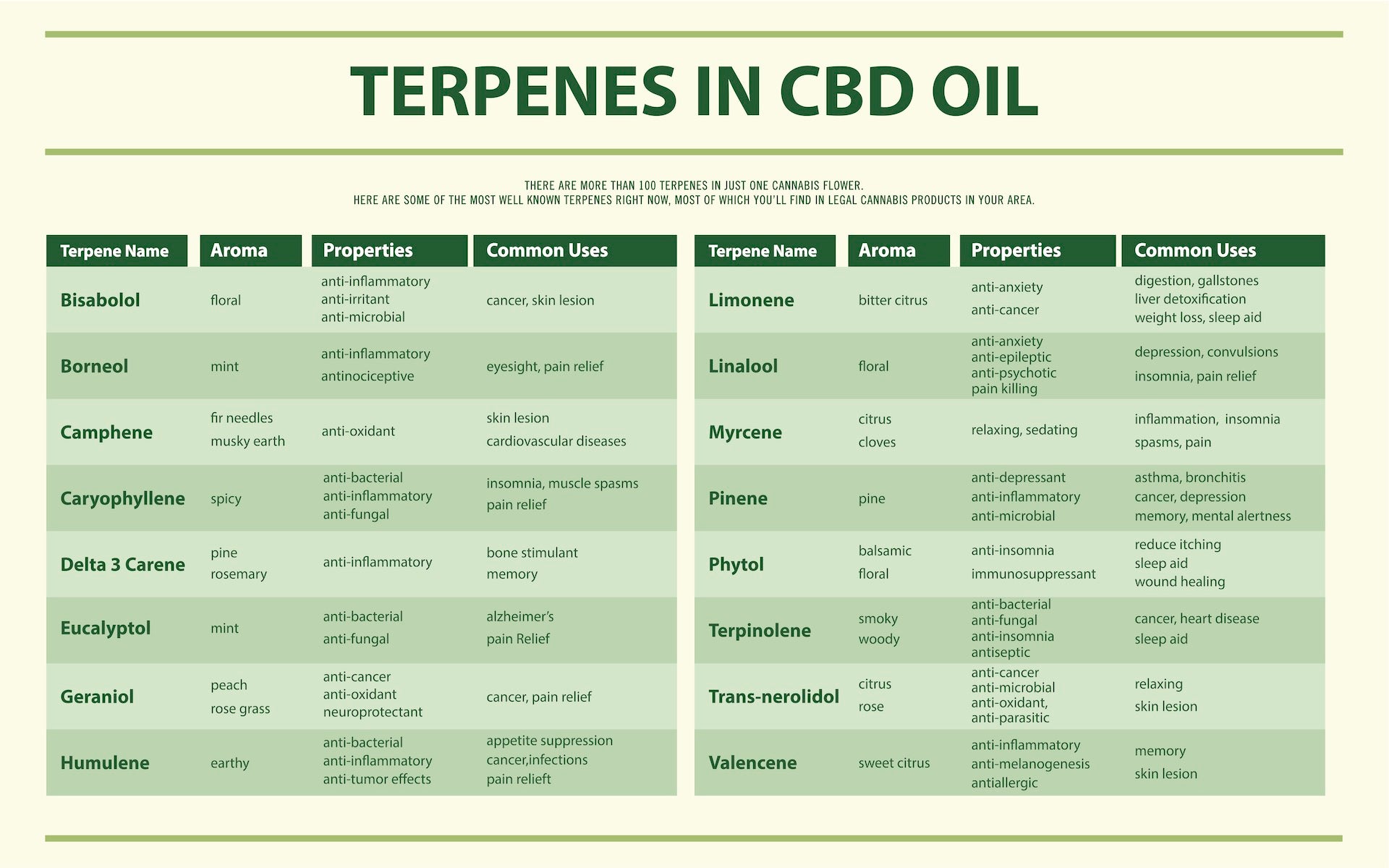
CBD & Your Endocannabinoid System(ECS)
Our ECS (Endocannabinoid System)
Scientists first discovered the Endocannabinoid System (ECS) in 1988 as a system of receptors for the natural cannabis-like molecules produced by the human body called endocannabinoids.
The ECS exists and is active in your body even if you don’t use cannabis.
Research has shown the main function of the endocannabinoid system is to maintain bodily homeostasis—biological harmony in response to environmental changes. Endocannabinoid receptors were thought to only be present in the brain and nerves, but further research found that the receptors are present throughout the body, including our skin, immune cells, bone, fat tissue, liver, pancreas, skeletal muscle, heart, blood vessels, kidney, and gastrointestinal tract, and are involved in a wide variety of processes, including:
-
pain
-
memory
-
mood
-
appetite
-
stress
-
sleep
-
metabolism
-
immune function
-
reproductive function
How CBD affects our ECS
After understanding that the ECS’s purpose is to respond to endogenous cannabinoids produced within the human body, research further revealed that the system will also recognize and respond to cannabinoids from external sources, including the phytocannabinoid Cannabidiol (CBD) and Tetrahydrocannabinol (THC). While THC has a stronger binding affinity for both CB1 and CB2 receptors, cannabidiol (CBD) has no particular binding affinity. Instead, many of the therapeutic benefits of CBD are created through indirect actions. CBD’s effect on the endocannabinoid system on other areas of the human body suggest that it may be useful in treating many medical conditions.
Because CBD inhibits the negative effects of THC, it is believed that applying the two together could be more beneficial than supplementing with THC alone.



